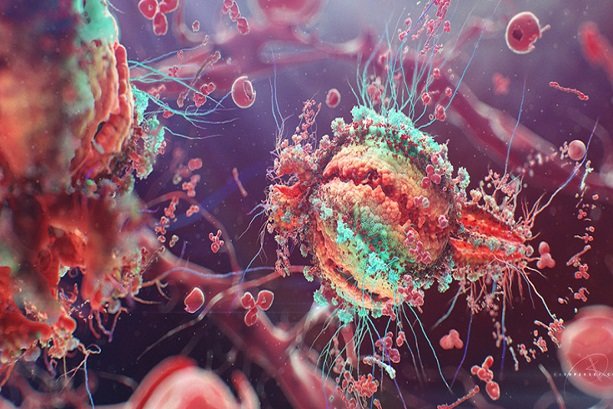According to Iran Nanotechnology Initiative Council (INIC), the graphic model can increase the effectiveness of the drug while its side effects will be reduced by predicting the mechanism of the drug.
Specific characteristics of fullerene and its derivatives have enabled it to be widely used in medical applications. These materials are used in gene transference, magnetic resonance imaging and for drug delivery purposes. However, applications of fullerene have been limited in biological environments due to its very low solubility in polar solvents.
One of the most important applications of fullerene derivatives is the elimination of HIV virus. A few nanostructures of fullerene derivatives have been introduced in this research as anti-HIV drugs and their tendency to attach to HIV enzyme has been theoretically investigated. A comparison was also made between the proposed drugs and other conventional drugs. These drugs have been introduced as effective medical potentials in a theoretical manner. However, the recent progresses in laboratorial and experimental synthesis of nanodrugs enable the proposed drugs to be produced in laboratory in the near future.
Results of the research showed that the proposed nanodrugs have better performance as HIV prevention medical potentials. The interesting point in this research is the presentation of a new graphic model to demonstrate the interaction of drugs and the target tissue or cell such as enzymes.
Taking into consideration the toxicity of non-functionalized fullerene molecule, the application of the presented theoretical method instead of practical experiments can prevent the harmful effects of the drug as well as increasing the effectiveness of the proposed nanostructure.
Results of the research have been published in Journal of Molecular Modeling, vol. 20, issue 11, 2014, pp. 2486-2495.
MS/PR

























Your Comment